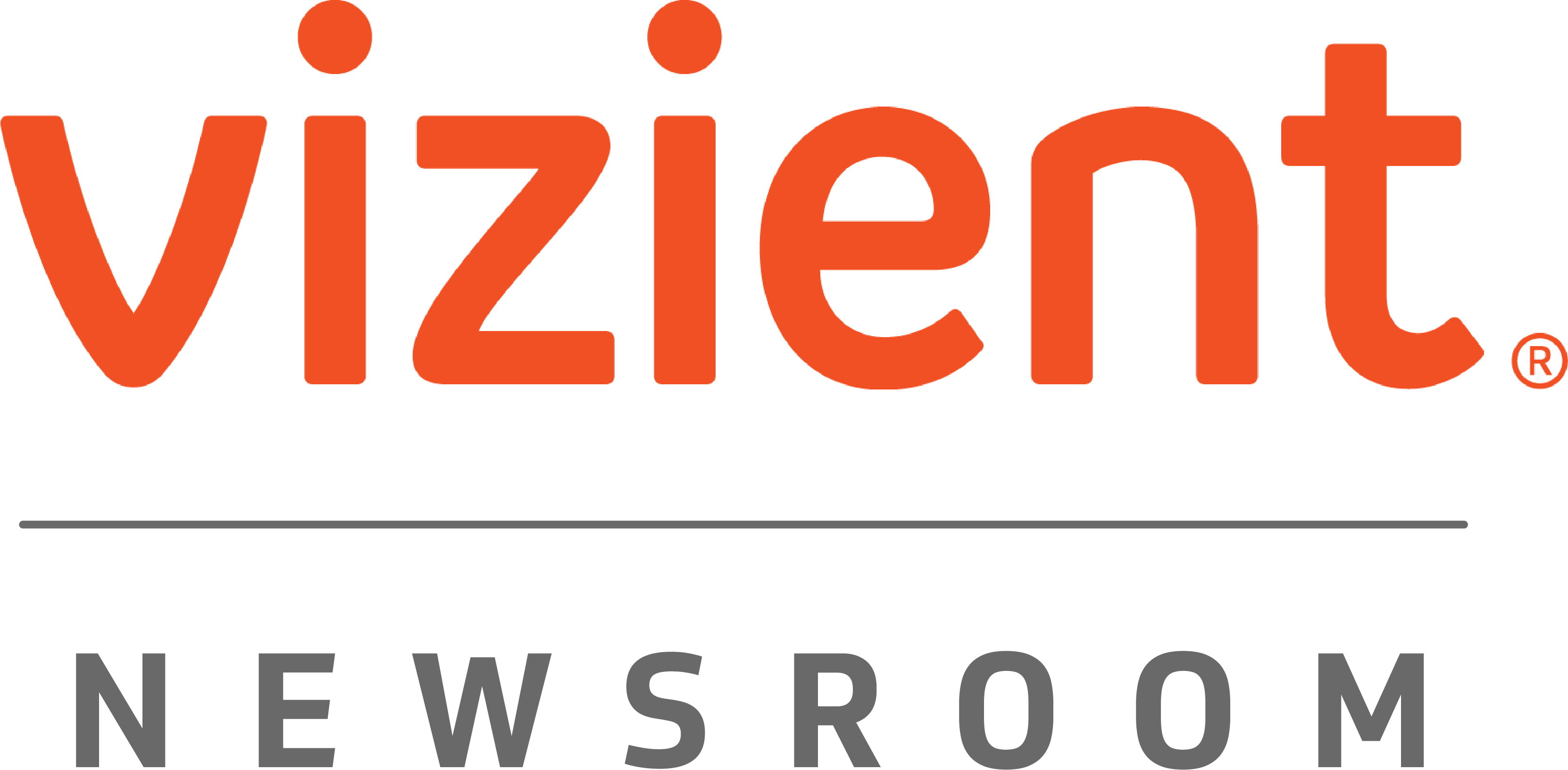- Clinical
- Operations & Quality
Five key strategies to mitigate high-consequence infectious diseases in hospitals
Learn about important action steps hospitals can take to prevent, manage and contain outbreaks of high-consequence infectious diseases such as Ebola, SARS and COVID-19, especially as The Joint Commission has revised its Infection Prevention Standards.
- Operations & Quality
Customer experience isn’t just an expense. It’s a competitive advantage
In today's competitive healthcare landscape, exceptional customer experience is not a nice-to-have, but a crucial differentiator. In his latest blog, Vizient President and CEO Byron Jobe outlines four steps health systems can use to set themselves apart.
- Clinical
- Operations & Quality
Engaging physicians in your value-based care journey
Physician leadership, involvement and support in the value-based care (VBC) journey is crucial. Learn how organizations create a positive culture and enhance physician engagement for optimal success.
- Clinical
- Operations & Quality
Too much of a good thing: Optimizing cardiac telemetry monitoring
Telemetry, an important tool for continuous monitoring of cardiac and critically ill patients, is often overused as a “second set of eyes” for less serious patients with increased false alarms.
- Clinical
- Operations & Quality
Workplace violence prevention: Supporting inpatient behavioral health bedside staff
While staff working in inpatient psychiatric units are at an increased risk for physical assaults from patients, healthcare organizations can create a healing environment by providing resources and creating a safe workplace.
- Clinical
- Operations & Quality
Introducing TEAM, Medicare’s newly proposed mandatory bundled payment model
Vizient’s Kristin Oberfeld breaks down the who, what and why about the Transforming Episode Accountability Model (TEAM), a new mandatory payment model proposed by the Centers for Medicare and Medicaid Services in the 2025 IPPS Proposed Rule.
- Clinical
- Operations & Quality
Elevating employer-provider relationships: Exceeding employee expectations
By embracing a proactive approach to care management, prioritizing the patient experience, leveraging technology and incorporating value-based care concepts, providers can become indispensable partners in promoting employee well-being.
- Clinical
- Operations & Quality
Embracing the future: Refining ambulatory care for enhanced efficiency and revenue
While the urgency for healthcare organizations to remodel their ambulatory care business has never been more critical, two pivotal strategies — process standardization and patient-centric care — can help leaders turn the tide.
- Clinical
- Operations & Quality
Nurturing success: Retaining strategies for newly licensed nurses
In a recent focus group, the Vizient/AACN Nurse Residency Program team uncovered themes that contribute to high levels of support and professional satisfaction, most notably providing stable transitions and creating a healthy work environment.
- Clinical
- Pharmacy
- Operations & Quality
A chief pharmacy officer in your C-suite: Vital to health system success
Margins are tight everywhere in healthcare, but a hospital’s pharmacy department has a strong capacity to bring value — especially if that organization has an established chief pharmacy officer as part of its C-suite.
- Clinical
- Operations & Quality
How do you compare? Leverage data to optimize your payer positioning and value-based care performance
Vizient’s Tawnya Bosko outlines five strategies for how healthcare providers can use claims, clinical data and benchmarking services to maximize their potential with payers by navigating blind spots and refining improvement efforts.
- Operations & Quality
Think like tech: Lessons for healthcare organizations
Is your healthcare organization keeping up with the pace of change? In a world of digital disruption, it's time to think like tech companies and embrace innovative strategies. Explore further insights in Vizient CEO Byron Jobe’s latest blog.
- Clinical
- Operations & Quality
Value-based care disruptors: What can health systems learn from their successes and failures?
By paying attention to how value-based care disruptors are changing the healthcare landscape, system leaders can adapt to their own strategies to share in the reward of increased patient quality care and service at a lower cost.
- Clinical
- Operations & Quality
Improving patient safety: Early recognition and a timely response to clinical deterioration
Vizient’s Tammy Williams shares recommendations on how healthcare organizations can improve patient safety with timely response to clinical deterioration.
- Clinical
- Operations & Quality
Implementing trauma-informed care: A tool to prevent violence in healthcare
Trauma-informed care can be a successful strategy for healthcare organizations to prevent violence by integrating person-centered strategies that prioritize safety, minimize triggers and promote empathy and mutual respect.
- Pharmacy
- Clinical
- Operations & Quality
Navigating the laboratory’s macro- and microeconomic environment
Amid a macroenvironment of inflation and rising healthcare costs, healthcare leaders should carefully assess these microeconomic trends as part of their hospital-based laboratory decision-making throughout 2024 and beyond.
- Clinical
- Operations & Quality
It's time to refresh your value-based care strategy: Six trends to consider
To remain relevant in all aspects of healthcare financing and delivery, leaders should evaluate their value-based care strategies to consider key trends and market conditions.
- Clinical
- Operations & Quality
Community health workers: A bridge to health literacy and patient outcomes
With a deep understanding of the communities they serve, community health workers are significant resources for healthcare organizations to improve patients’ health literacy and address their clinical and non-clinical needs.
- Clinical
- Operations & Quality
- Supply Chain
Improving the provider narrative: Vizient's briefings amplify the voice of hospitals on Capitol Hill
Learn about the three briefings that Vizient hosted in 2023 — attended by dozens of Congressional staff and Members of Congress — serving as a platform to remind policymakers of the critical impact of hospitals and health systems in their communities.
- Clinical
- Operations & Quality
In healthcare, culture is where margin meets mission
Creating a 'glad to be here' culture in healthcare is more than just a motto. It's a mindset that drives excellence and exceptional care. Learn how to merge margin and mission in your organization in the latest blog post from Vizient CEO Byron Jobe.
- Clinical
- Operations & Quality
Reviving the Nursing Workforce By Applying Starling’s Law
Learn how healthcare leaders can work together to optimize systems to ensure nursing’s trusted place in delivering high-quality, patient-centered care — without missing a beat.
- Clinical
- Operations & Quality
Investing in Advanced Practice Provider Transition to Practice Programs
As nurse practitioners and physician assistants play an increasingly crucial role in bridging healthcare gaps, the need for organizations to implement transition to practice programs is paramount.
- Clinical
- Operations & Quality
Using Social Drivers of Health to Reduce Admissions for Diabetes Patients, Among Others
By leveraging the patent-pending Vizient Vulnerability Index™, healthcare organizations focused on mission and margins can act upstream to directly address SDOH to help reduce preventable admissions in high-needs communities.
- Clinical
- Operations & Quality
Letting Go of Past Prized Practices: Making Meaningful Change in Healthcare
To address the struggles in healthcare, healthcare organizations must be willing to shift their mindset, challenge the status quo of old practices and embrace meaningful change.
























